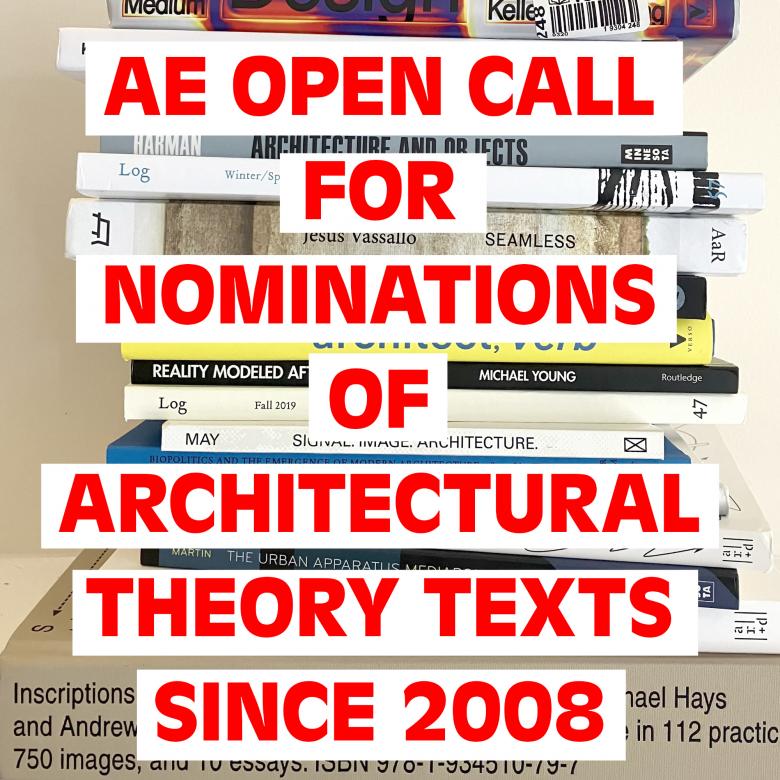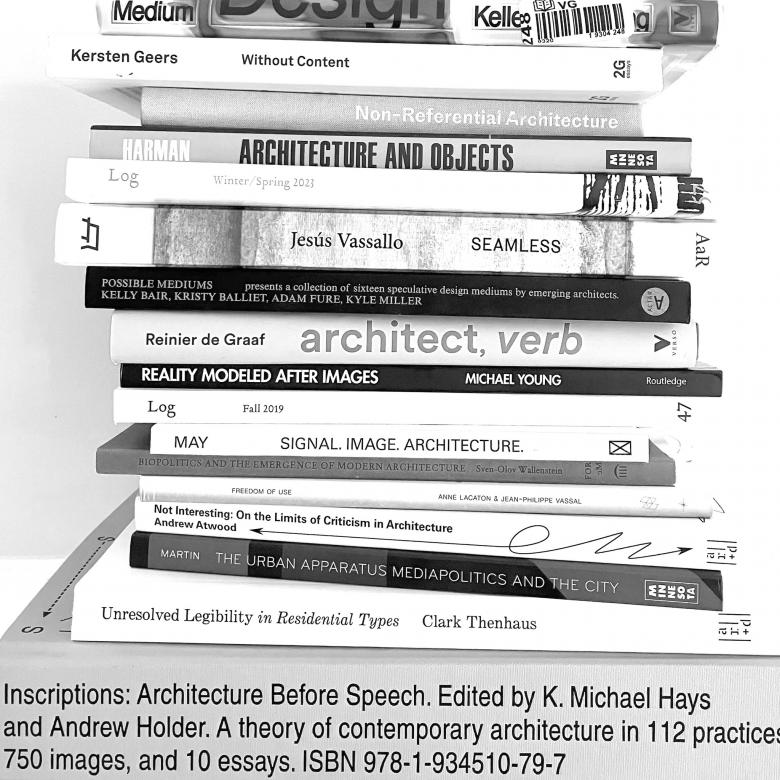Got Theory?
Architecture Exchange Puts Out Call for ‘Significant Architectural Theory Texts'
Architecture Exchange, a platform “dedicated to catalyzing ideas and debate within architecture,” recently put out a call soliciting nominations “for the most significant architectural theory texts in the period between 2008 and 2024.”
“What texts would you suggest as being the most significant architectural theory texts of the last fifteen or so years?,” Joseph Bedford, Associate Professor of History and Theory at Virginia Tech and Director of the Architecture Exchange, wrote on his Instagram account this week. Although Bedford is particularly interested in issues that are closer to 2024 than 2008 — “queerness; gender; blackness; disability; climate change and sustainability; post-colonialism and decolonialism; social justice; media change; and AI” — he admits to being “open to all.”
Still, trying to discern up to five theoretical texts published between 2008 and today, a period not exactly known as the heyday of architectural theory, is a bit daunting. Unless, of course, you wrote something important and want to nominate yourself — and that is acceptable, per the official call on the Architecture Exchange website, which provides a little bit more direction on what they are looking for:
“We are looking for texts by architects, architectural educators, architectural theorists, critics and historians that have either been influential and consequential or which make strong arguments and speak to the most important issues of our time (even if they are more obscure). Above all, we are seeking nominations of texts that connect larger ideas (political, social, historical, cultural, and economic) to issues facing architectural design (including issues of method, style, drawing, composition, materiality, construction, design intention etc).”
Only one text is specifically mentioned in the open call — Elise Iturbe's “Architecture and the Death of Carbon Modernity” from Log 47: Overcoming Carbon Form — but it is included to illustrate the formatting people should use for their citations, not as an ideal nomination. The photograph of a pile of books that is being used in social media posts gives one or two clues, with books by Reiner de Graaf, Reinhold Martin, Valerio Olgiati, Keller Easterling, and others in the stack, as well as edited collections on display and Log making multiple appearances. While the stack shows a preference for texts in English written by scholars in the US and Europe, “open to all” means people from other places should nominate texts in other languages as well.
So, if you know of some architectural texts that are “influential and consequential or which make strong arguments” and were published over the last decade and a half, the deadline to submit up to five nominations is June 15, 2024. The Architecture Exchange “will share the results shortly afterwards” — and so will we.

